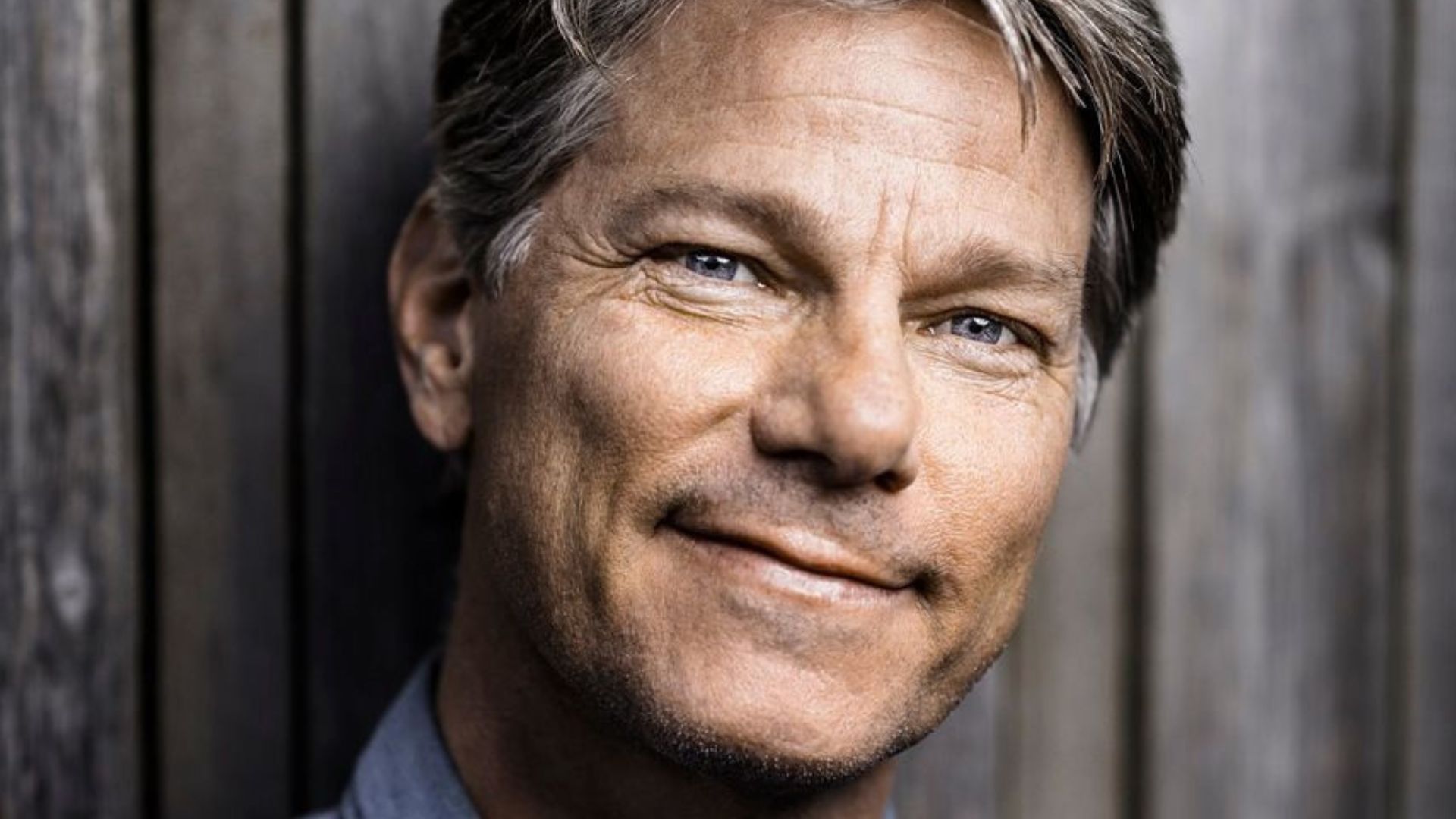You are viewing your 1 free article this month. Login to read more articles.
Vaillant wins £50k Baillie Gifford Prize for 'meticulously researched' Fire Weather
John Vaillant has won the £50,000 Baillie Gifford Prize for Fire Weather: A True Story from a Hotter World (Sceptre) a “meticulously researched, thrillingly told book” about the devastating wildfires that struck the Canadian city of Fort McMurray in 2016.
The winner was announced on Thursday 16th November at a ceremony at the Science Museum in London. Vaillant was praised for the “great literary merit” of his work, which judges said read like a “thriller”. Accepting the award, Vaillant, who had arrived from New York hours before the ceremony took place, said he was "deeply moved".
Through the story of the Fort McMurray wildfire, Vaillant “skillfully examines the interconnected narratives of the oil industry and climate science”, the judges said, highlighting “the immense devastation caused by modern wildfires in our increasingly more flammable world, and the lasting impact on the lives affected by these disaster”.
During a press conference before the announcement, the judges were asked to comment on their choice of winner, considering the controversy sponsor Baillie Gifford faced earlier this year at the Edinburgh International Book Festival, which saw authors threatening to boycott the 2024 festival if the investment management firm did not divest funding in fossil fuel corporations, as “these corporations fuel the climate crisis”.
Chair of judges Frederick Studemann acknowledged their awareness of the events in Edinburgh earlier this year, but stressed “we don’t work for Baillie Gifford […] the prize is separate in that it carries the name and the sponsorship is there, but we didn’t feel that it was our responsibility, it was up to Baillie Gifford to make its case in answer to various challenges that were put to it”.
He continued: “Did we then, because of this, say we must go and choose a climate change [book]? No. Look at the shortlist, they are all very strong books and the other five are not climate change books.”
Fellow judges writer and historian Ruth Scurr, and journalist and critic Tanjil Rashid, who were also at the press briefing, agreed. Scurr said the award was decided after a “forensically competitive process” and she had “no qualms at all about being an independent judge on a book prize”. She added: “I think that the winner is going to draw attention to this subject and bring this subject into the minds and hands of book buyers. I think it is a terrific result.”
Rashid said: “I believe this prize is a good in itself, it contributes so much to literary culture and promotes great books and great writing, which was what we had in our minds as judges.”
During the ceremony introductions Nick Thomas, partner at Baillie Gifford, also addressed the elephant in the room, noting it “was a surprise our involvement in literature came under attack this year”. He said the firm had “reflected on the criticism we were receiving” and "surmised there were two reasons why we were being criticised […] cynicism about the motives of corporate sponsors in the arts […] and “desperate anxiety about the climate crisis”. He stressed the company’s long-running history of involvement in cultural sponsorship and said Baillie Gifford’s exposure to fossil fuel investments “is very low”. He also claimed it was “unrealistic to demand we cut all connections to the fossil fuel industry” and that divestment “doesn’t prevent companies from pursuing these activities".
Studemann said Fire Weather stood out for its “great literary merit”, noting “there are a lot of climate change books which may come from a more scientific or technical angle, but this manages to just tell a compelling story”.
Scurr described it as a “pageturner” that is also “at a very high literary level throughout” while Rashid praised the different voices, combining “forensic investigative journalist” with “a philosopher of human nature who is dwelling on the nature of fire and the dark nature of humanity” as well as the many “erudite literary references and mythological references".
Arifa Akbar, theatre critic for the Guardian was also a judge, alongside historian and author Andrea Wulf and chief executive of the Royal Society of Arts Andrew Haldane.
The book saw off competition from a shortlist featuring Tania Branigan’s Red Memory: Living, Remembering and Forgetting China’s Cultural Revolution (Faber & Faber); Jeremy Eichler’s Time’s Echo: The Second World War, The Holocaust, and The Music of Remembrance (Faber & Faber); Hannah Barnes’ Time to Think: The Inside Story of the Collapse of the Tavistock’s Gender Service for Children (Swift Press); Jennifer Homans’ Mr. B: George Balanchine’s Twentieth Century (Granta Books) and Christopher Clarke’s Revolutionary Spring: Fighting for a New World 1848–1849 (Allen Lane).


















